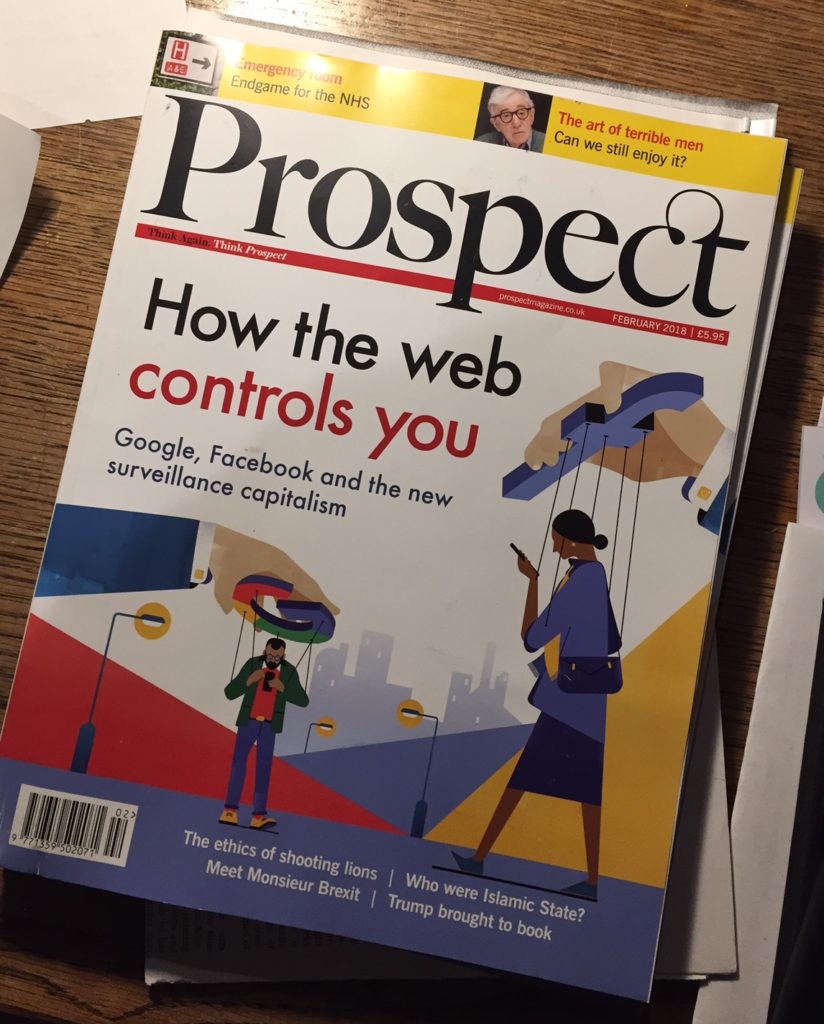There’s a fascinating article in The Verge based on an interview with Travis McGinn, an opinion pollster who was hired by Facebook to lead an ongoing polling operation to track minute changes in public perceptions of the company’s founder and CEO, Mark Zuckerberg.
It was a very unusual role,” McGinn says. “It was my job to do surveys and focus groups globally to understand why people like Mark Zuckerberg, whether they think they can trust him, and whether they’ve even heard of him. That’s especially important outside of the United States.”
McGinn tracked a wide range of questions related to Zuckerberg’s public perception. “Not just him in the abstract, but do people like Mark’s speeches? Do they like his interviews with the press? Do people like his posts on Facebook? It’s a bit like a political campaign, in the sense that you’re constantly measuring how every piece of communication lands. If Mark’s doing a barbecue in his backyard and he hops on Facebook Live, how do people respond to that?”
Facebook worked to develop an understanding of Zuckerberg’s perception that went beyond simple “thumbs-up” or “thumbs-down” metrics, McGinn says. “If Mark gives a speech and he’s talking about immigration and universal health care and access to equal education, it’s looking at all the different topics that Mark mentions and seeing what resonates with different audiences in the United States,” he says. “It’s very advanced research.”
Well, well. Now when was the last time a corporation devoted that kind of resource to determine how the great unwashed perceives its CEO? And — since nothing strategic goes on at Facebook without the boss’s say-so, what does it tell us of Zuckerberg’s delusions about himself?
“Facebook is Mark, and Mark is Facebook,” McGinn says.
“Mark has 60 percent voting rights for Facebook. So you have one individual, 33 years old, who has basically full control of the experience of 2 billion people around the world. That’s unprecedented. Even the president of the United States has checks and balances. At Facebook, it’s really this one person.”
McGinn claimed that he joined Facebook “hoping to have an impact from the inside.“
”I thought, here’s this huge machine that has a tremendous influence on society, and there’s nothing I can do as an outsider. But if I join the company, and I’m regularly taking the pulse of Americans to Mark, maybe, just maybe that could change the way the company does business. I worked there for six months and I realized that even on the inside, I was not going to be able to change the way that the company does business. I couldn’t change the values. I couldn’t change the culture. I was probably far too optimistic.”
This sounds extraordinarily naive of McGinn. Didn’t he understand the business model on which the company is based?




